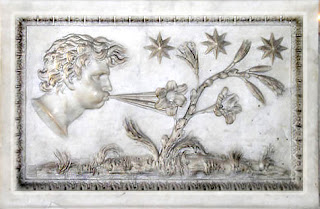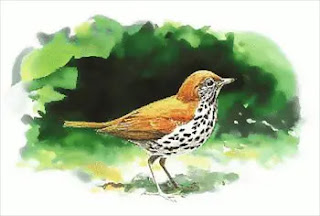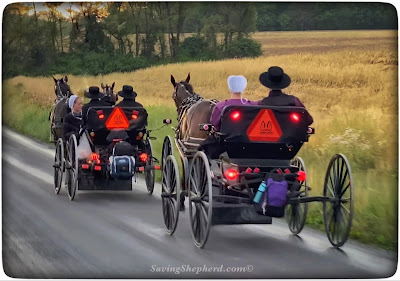The Tranquil Tones of the Amish Wind Harp: A Timeless Musical Tradition
Wind harps have a rich history that spans across cultures and continents. In ancient Greece, wind harps were played as a form of musical entertainment for the gods. Named after Aeolus, the Greek god of the winds, these harps were considered a way to appease the winds and bring peace to the land.
 |
| The Greek god Aeolus |
The beauty of wind harps has also been celebrated in other cultures throughout history. In Asia, wind harps have been used for centuries as a form of meditation and relaxation. In Japan, the traditional koto harp was played to evoke a sense of calm and serenity. In China, the guqin was played as a form of musical expression and symbol of scholarly elegance.
 |
| Japanese Koto Harp |
Today, the tradition of wind harps continues with the Amish Wind Harp. Handcrafted in Indiana's Amish country by a small family-owned shop, this harp combines traditional techniques and materials with contemporary design to create a truly unique and beautiful product. Its tranquilizing tremors of the strings create a symphony of relaxation that will bring a touch of serenity to any outdoor living space.
With two sizes to choose from, you can find the perfect harp to fit your space and your style. The harp's strings are treated with UV polyester, ensuring they are durable and long-lasting, and the harp is backed by a lifetime warranty, giving you peace of mind that your investment will last for years to come.
 |
AEOLIAN WIND HARP - Amish Handcrafted Harmonic Chime |
Incorporating the Amish Wind Harp into your outdoor living space is a way to bring a touch of history and tradition into your home. Its soothing sounds and beautiful design will transport you to a peaceful place, and the memories you create with this timeless instrument will last a lifetime.
"The strains of the aeolian harp and of the wood thrush are the truest and loftiest preachers that I know now left on this earth. I know of no missionaries to us heathen comparable to them. They, as it were, lift us up in spite of ourselves. They intoxicate, they charm us."
From the journal of Henry David Thoreau
December 31, 1853

.jpg)

Comments
Post a Comment